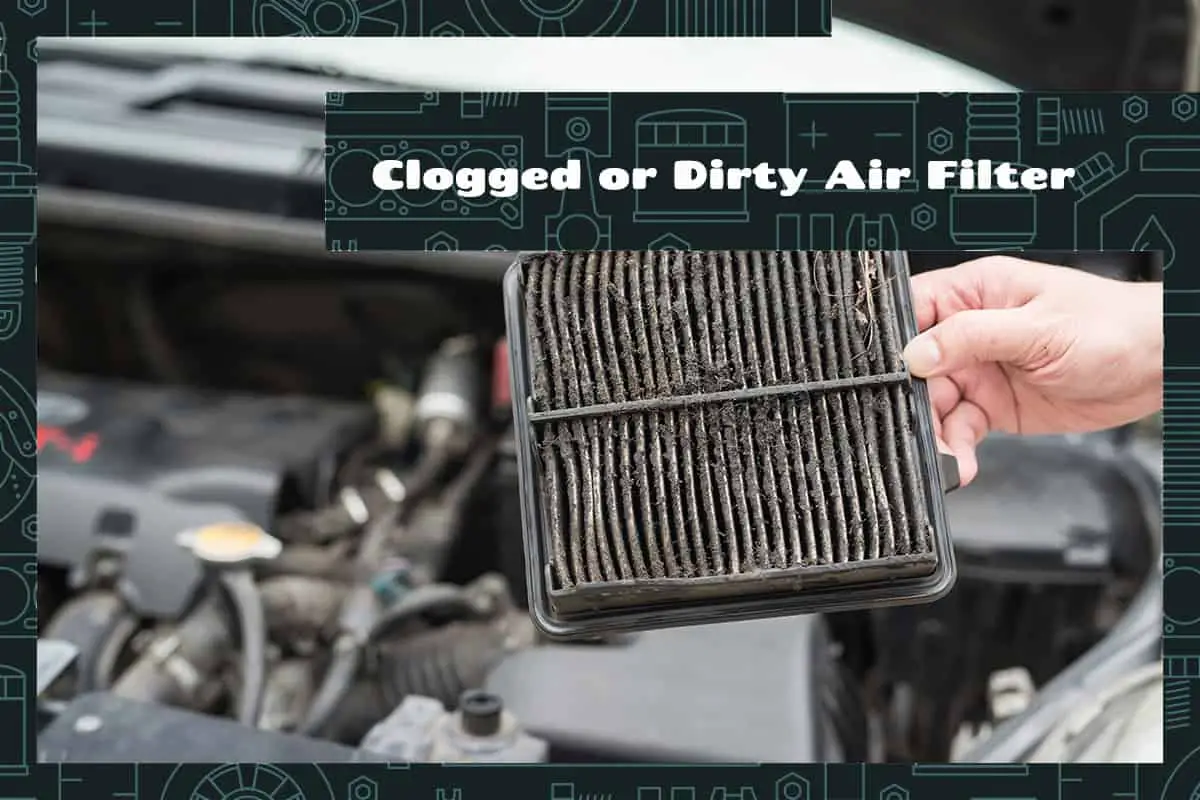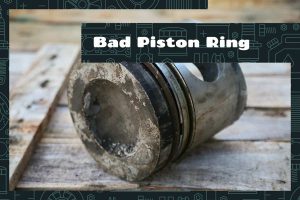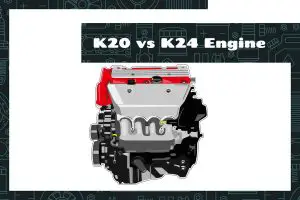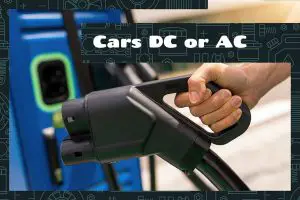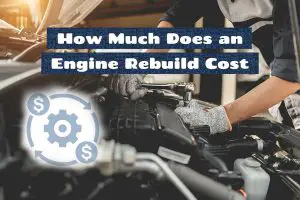The air filter in your car filters out harmful particles and contaminants from the air that enters the engine, ensuring a proper air-fuel mixture. When clogged or dirty, it can lead to various issues that can affect your car’s operation and possibly even your health.
Signs that your car has a clogged or dirty air filter include reduced fuel efficiency, sluggish acceleration, and unusual engine sounds. If you suspect a clogged or dirty air filter, you can try cleaning or replacing the filter as needed.
This guide will walk you through everything you need to know about clogged or dirty air filters in your car, from recognizing the symptoms to addressing the issue.
A Breakdown of Car Air Filters
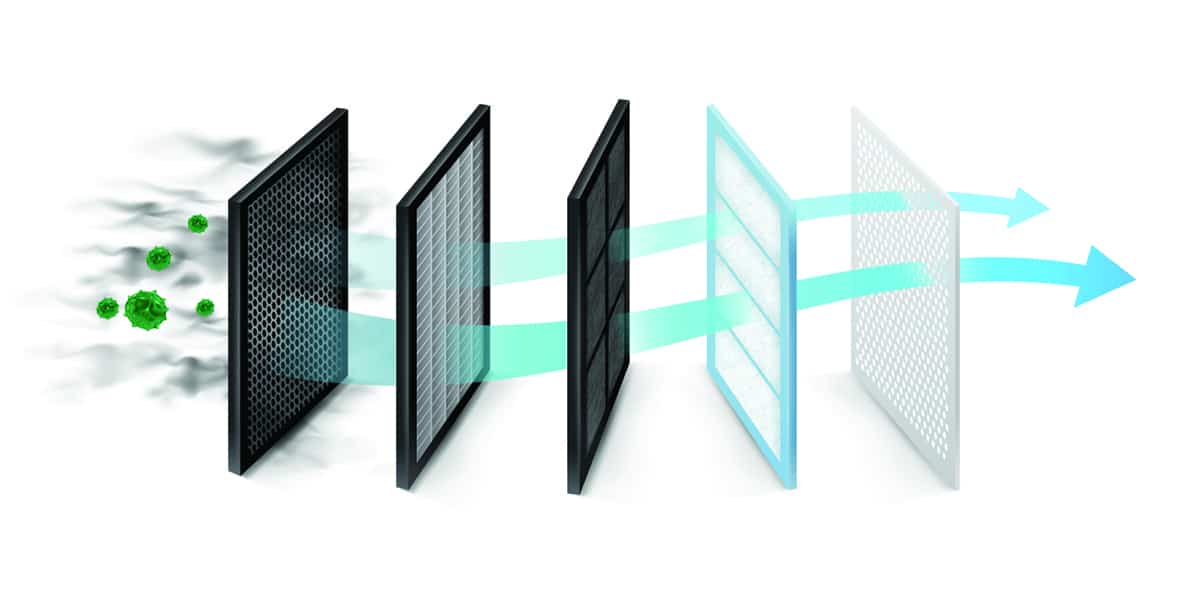
Air filters act as a barrier, allowing only clean air to reach the engine. As the air passes through the filter material, the contaminants are trapped on the surface. This ensures that the engine receives an adequate and clean air-fuel mixture, enhancing fuel efficiency and performance.
Car air filters are composed of multiple parts that work in tandem to prevent engine contamination. The air filter consists of a pleated material that traps dirt, dust, and debris. Common materials include paper, foam, and cotton. The pleats increase the surface area, helping in capturing more particles.
The casing is usually made of plastic or metal and houses the filter material. It ensures that the air entering the engine is passing through the filter material. The design and shape can vary based on the vehicle’s make and model, but its function remains constant across different cars.
Signs of a Clogged or Dirty Air Filter
A clogged or dirty air filter can cause several issues, ranging from minor annoyances to significant problems that might require costly repairs. If you can identify the signs of a bad air filter early, you can prevent significant problems down the line.
1. Fuel Efficiency
Since a dirty filter restricts airflow to the engine, the engine has to work harder, using more fuel to achieve the same performance. Monitoring your fuel consumption can be a helpful way to detect early issues with the air filter.
2. Acceleration and Power
Since the engine isn’t receiving the required amount of clean air, it might not respond as quickly when you press the accelerator. This can lead to a noticeable lag in acceleration, making the car feel less responsive and powerful.
3. Engine Noises
When the air filter is clogged, it may create a vacuum that leads to unusual noises from the engine. This is due to the restricted airflow causing the engine to compensate by adjusting the air-fuel mixture, which can lead to sounds that are not typical during normal operation.
Causes of Air Filter Clogging and Dirtiness
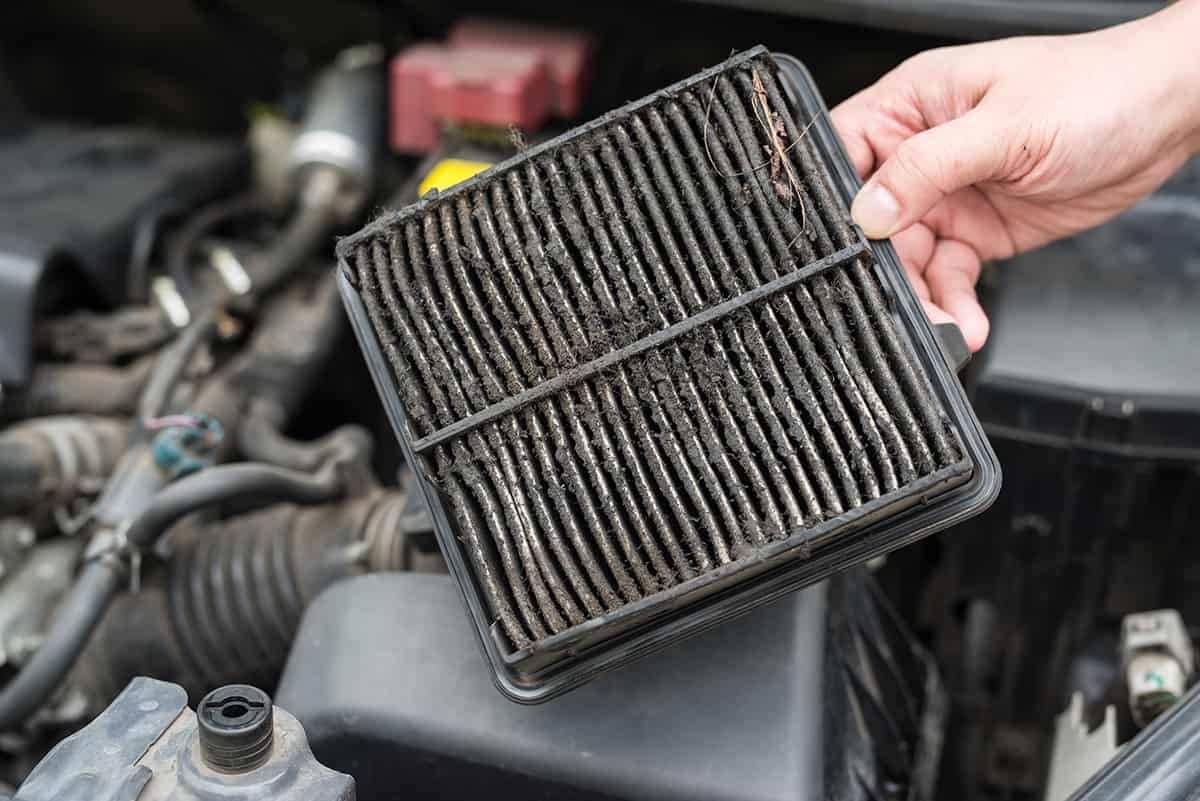
Suppose you understand the root problem behind a clogged or dirty air filter. In that case, you’ll have a better chance of addressing the issue effectively and possibly preventing the problem from occurring in the future.
1. Environmental Factors
- Road Dust and Debris: dusty roads or areas with heavy construction can expose your air filter to an abundance of dirt and debris. These particles can quickly accumulate in the filter, leading to clogging.
- Air Pollution: Urban areas with high levels of air pollution can also contribute to a dirty air filter. Pollutants like soot, smog, and fine particles can become trapped in the filter. Unfortunately, you can only address this problem permanently if you plan on moving to a less-polluted part of the country.
2. Lack of Regular Maintenance
- Extended Replacement Intervals: Failing to replace the air filter at the recommended intervals can lead to clogging. Eventually, the filter’s ability to trap particles diminishes, and it can become a source of restriction rather than protection.
- Improper Cleaning: Cleaning the air filter is an alternative to replacement in some cases, but improper cleaning can cause problems. Using incorrect methods or cleaning agents can damage the filter or even reduce its effectiveness.
3. Poor Quality Air Filters
- Substandard Materials: Not all air filters are created equal. Using a cheap or poor-quality filter can lead to quicker clogging and reduced efficiency. The material may not be capable of trapping particles effectively, or it might break down more quickly.
- Incompatibility with the Vehicle: An ill-fitting filter may allow unfiltered air to enter the engine or become clogged more quickly. Always ensure that the air filter you choose is designed for your specific make and model to avoid these issues.
The Impact of a Clogged or Dirty Air Filter
When it becomes clogged or dirty, it can have far-reaching impacts on different aspects of your car. Some impacts of this problem are more serious than others.
1. Potential Engine Damage
A clogged air filter can lead to more serious problems. If dirt and particles bypass the filter and enter the engine, they can cause wear and damage to internal components. This can lead to costly repairs and a shortened engine lifespan.
2. Increased Emissions
A dirty air filter affects the balance of the air-fuel mixture, leading to incomplete combustion. This can result in increased emissions, which is not only harmful to the environment but may also cause your vehicle to fail emissions tests.
3. Compromised Cabin Air Quality
For vehicles equipped with cabin air filters, neglecting them can lead to a decrease in the air quality inside the vehicle. A clogged cabin air filter won’t effectively filter out pollutants, allergens, and odors.
How to Address a Clogged or Dirty Air Filter
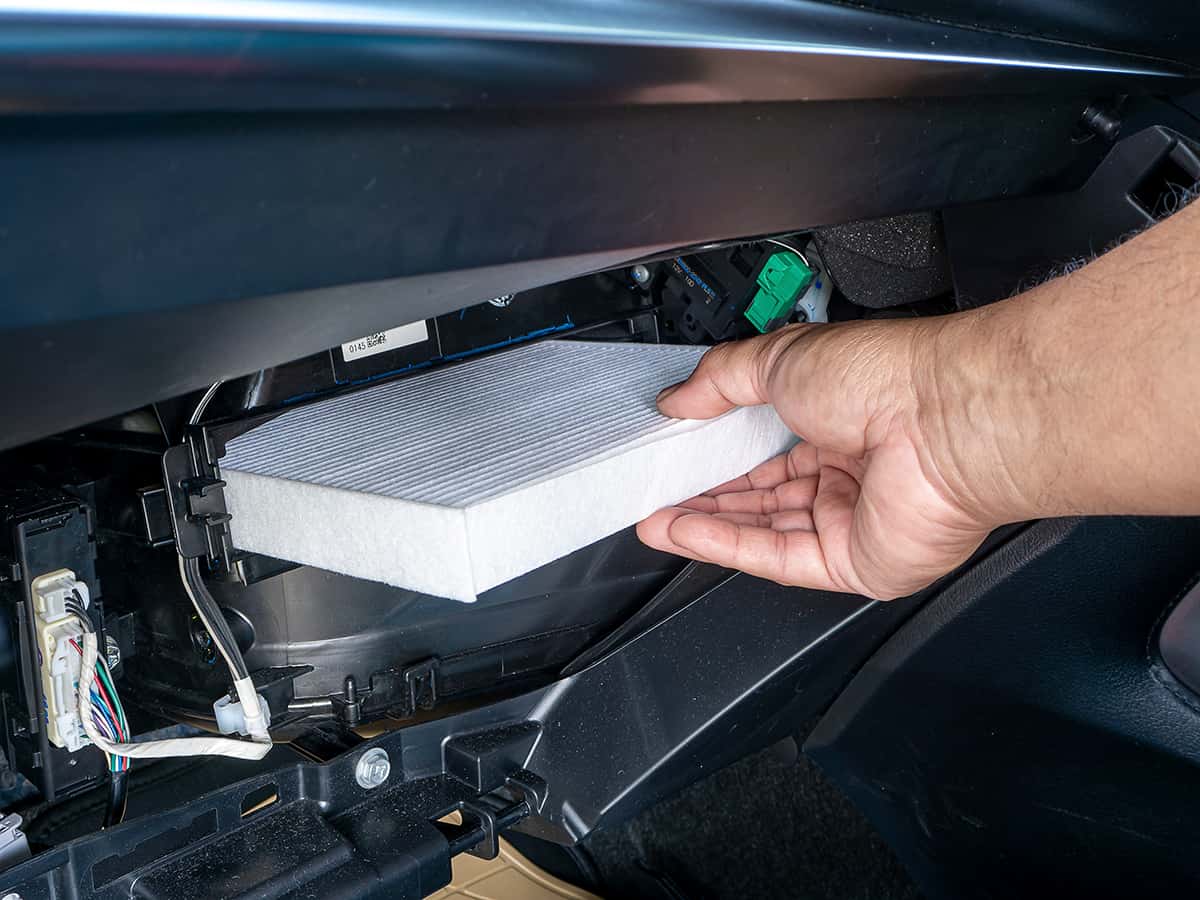
So, it’s clear that a clogged or dirty air filter needs to be addressed promptly, but how do you do this? Basically, you have two choices—cleaning and replacing.
Cleaning the Air Filter
Depending on the type of air filter (paper, foam, or cotton), different cleaning methods apply. While paper filters usually need replacement, foam and cotton filters can often be cleaned with specific products and procedures.
Instructions for cleaning reusable filters, including removing the filter, applying the appropriate cleaning solution, rinsing, drying, and reinstallation.
Replacing the Air Filter
Make sure the replacement air filter matches your vehicle’s specifications. Look for quality products from reputable brands, and consult your car’s manual or a trusted professional if needed.
Replacing the air filter includes locating the air filter housing, removing the old filter, installing the new one, and ensuring proper fit and function.
The replacement procedure is more complex than cleaning the air filter. If you don’t feel comfortable doing this, a professional mechanic can assist you.
FAQs
1. How often should I check my air filter?
Checking your air filter regularly is essential for maintaining optimal vehicle performance. Generally, it’s recommended to inspect the air filter every 15,000 to 30,000 miles. A visual inspection during regular oil changes can also be a good practice.
However, if you frequently drive in dusty or polluted environments, more frequent checks may be necessary. Always refer to your vehicle’s owner’s manual for specific guidelines, as some makes and models may have unique requirements.
2. How much does it cost to replace an air filter?
The cost to replace an air filter can vary widely depending on the make and model of your vehicle, the type of filter required, and where you have the service performed. If you choose to replace the air filter yourself, you can expect to pay anywhere from $10 to $50 for the part. If you opt for professional installation at a dealership or auto service center, the total cost, including labor, may range from $20 to $70.
